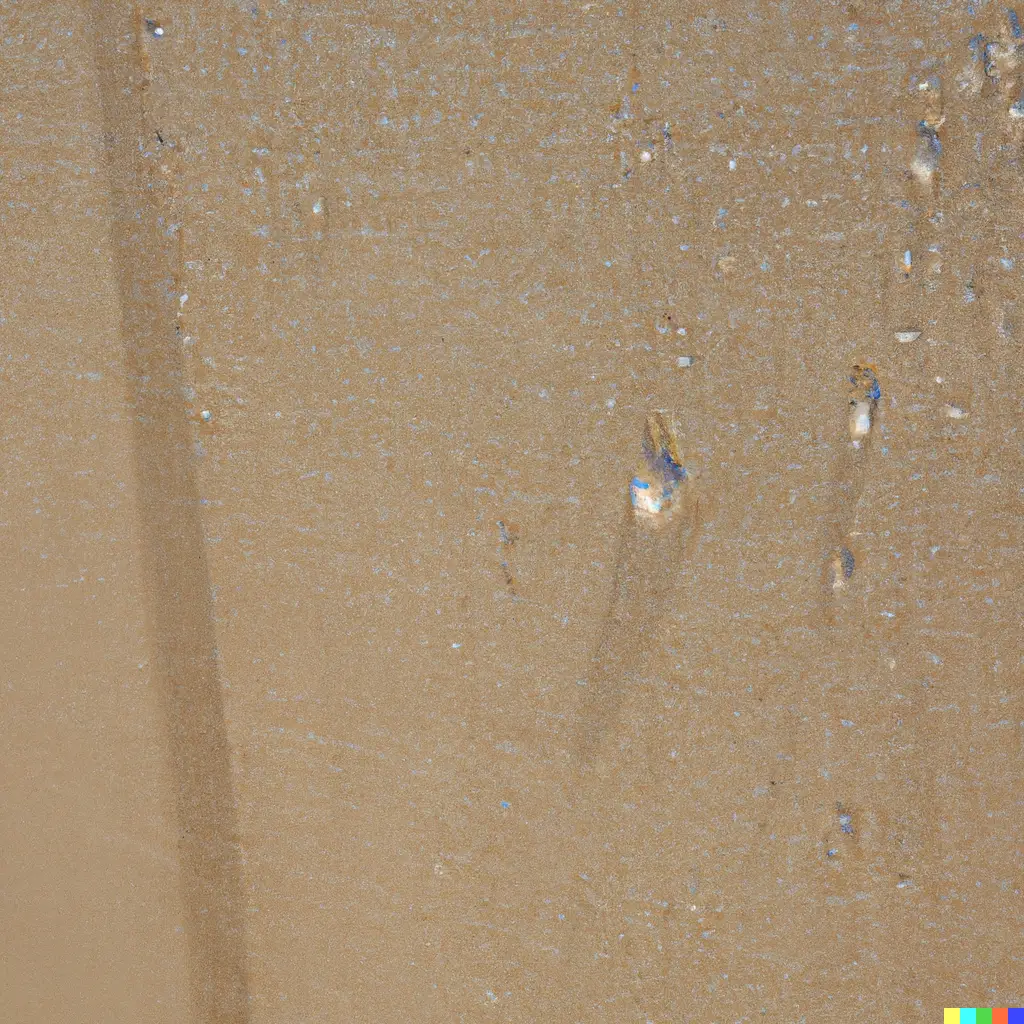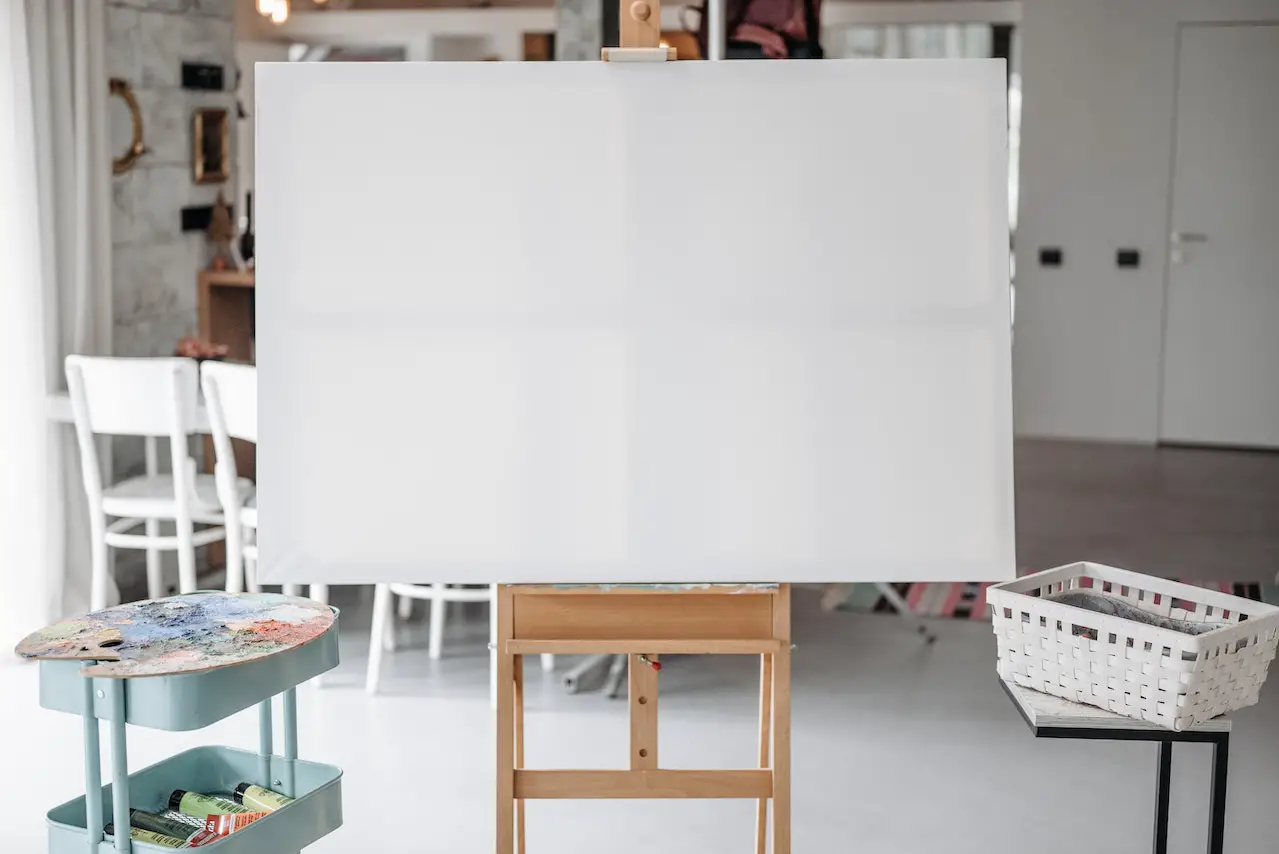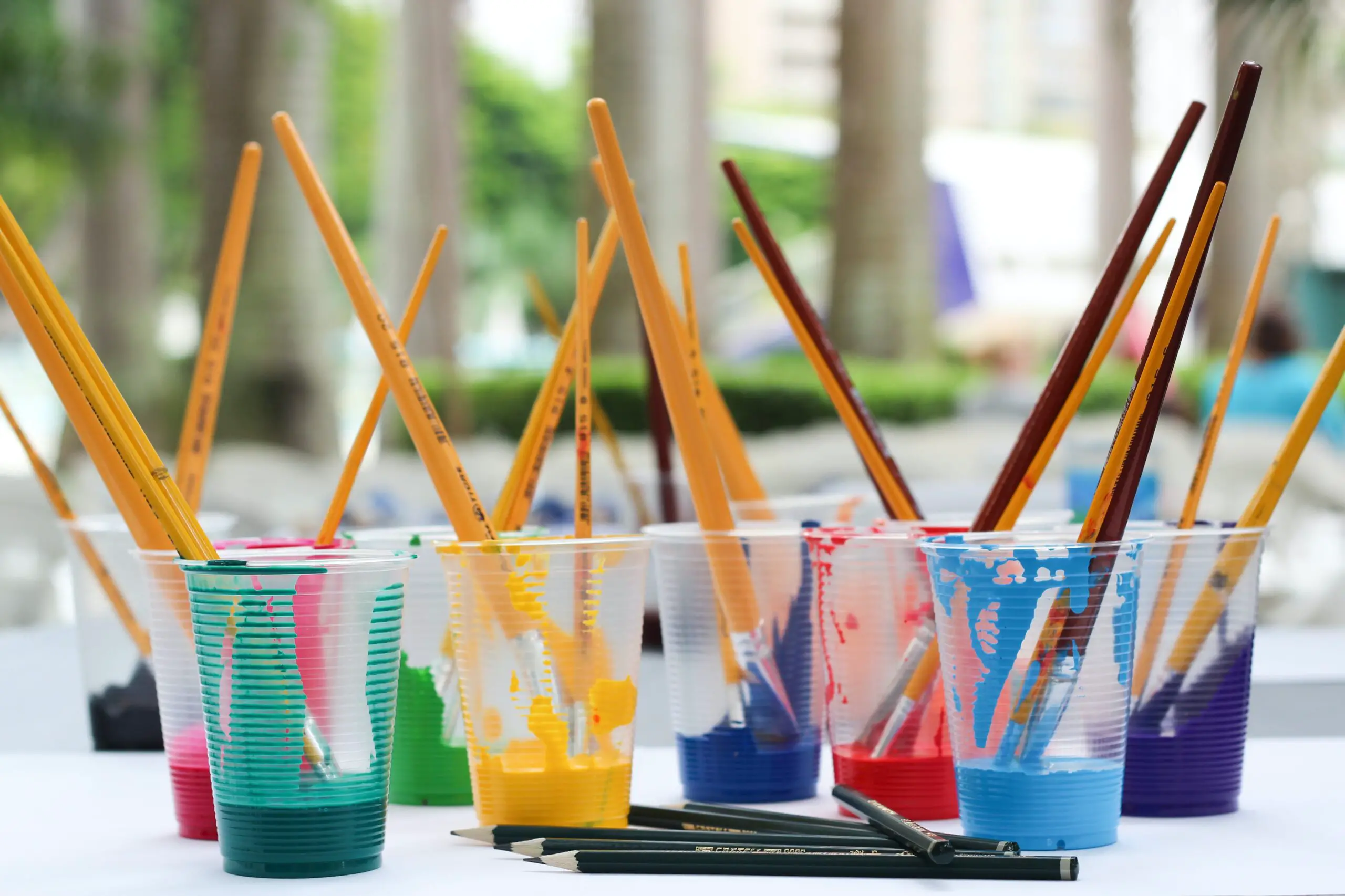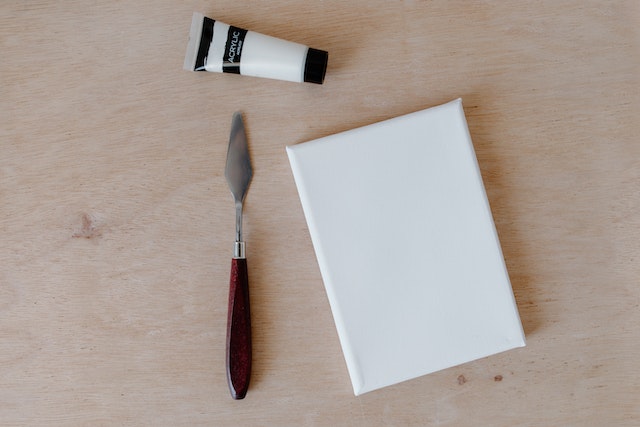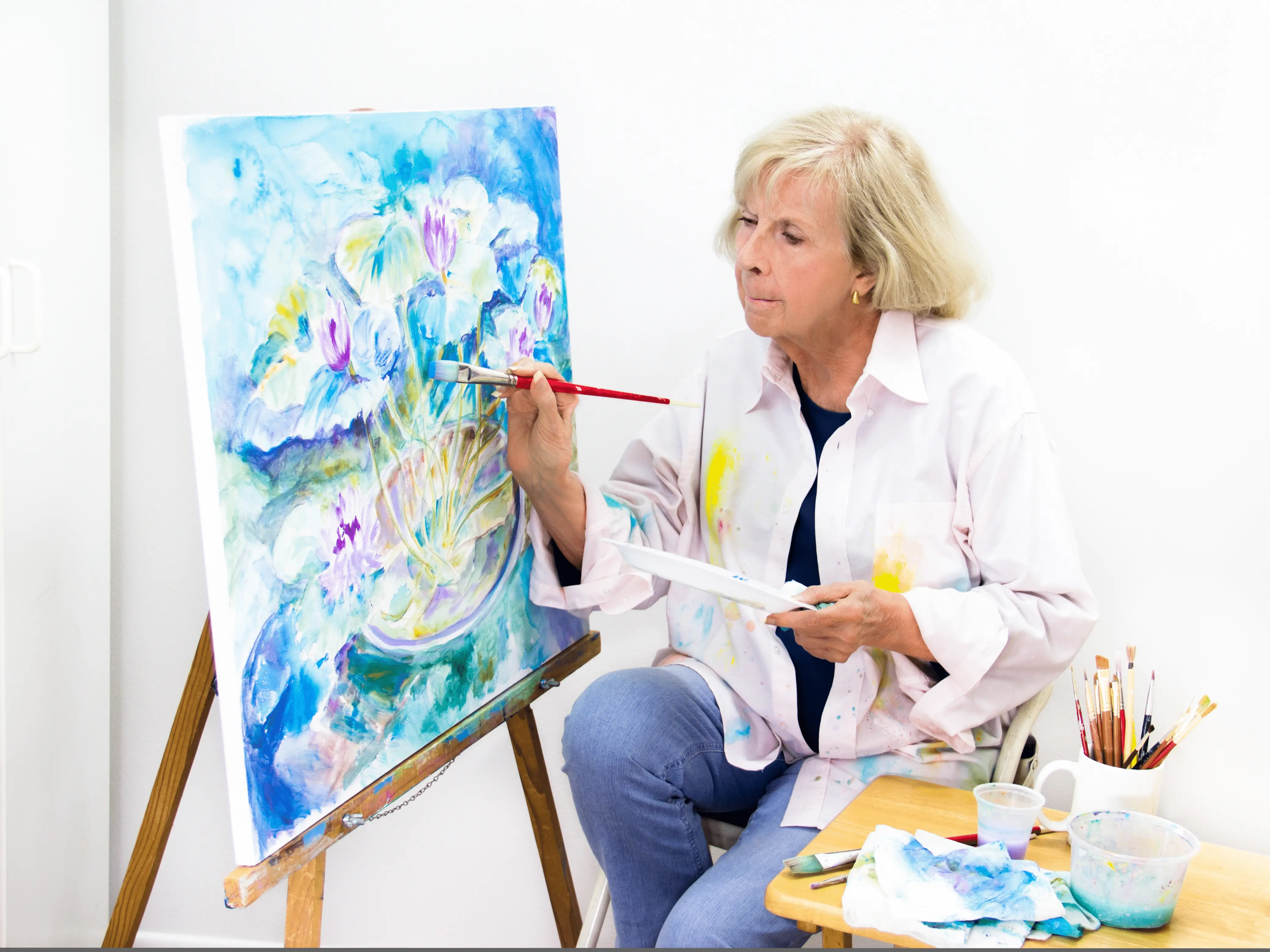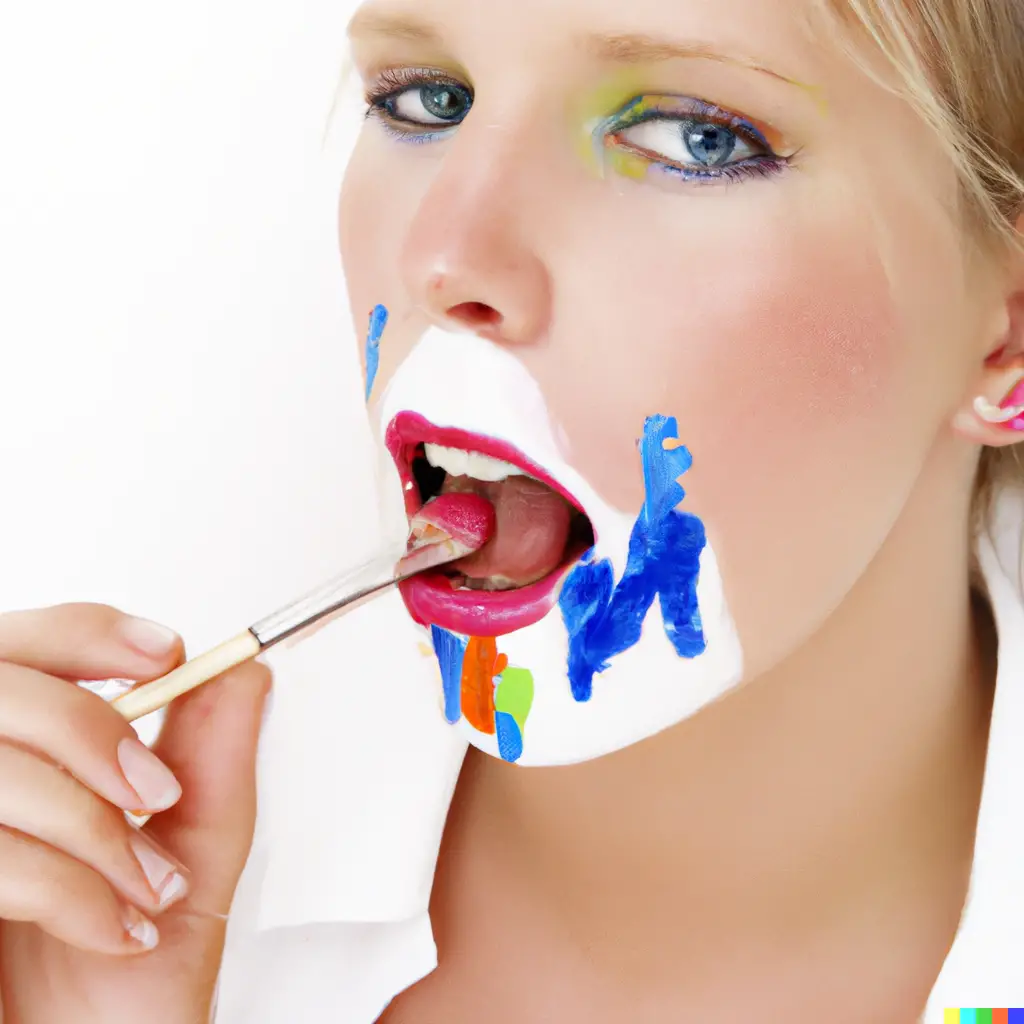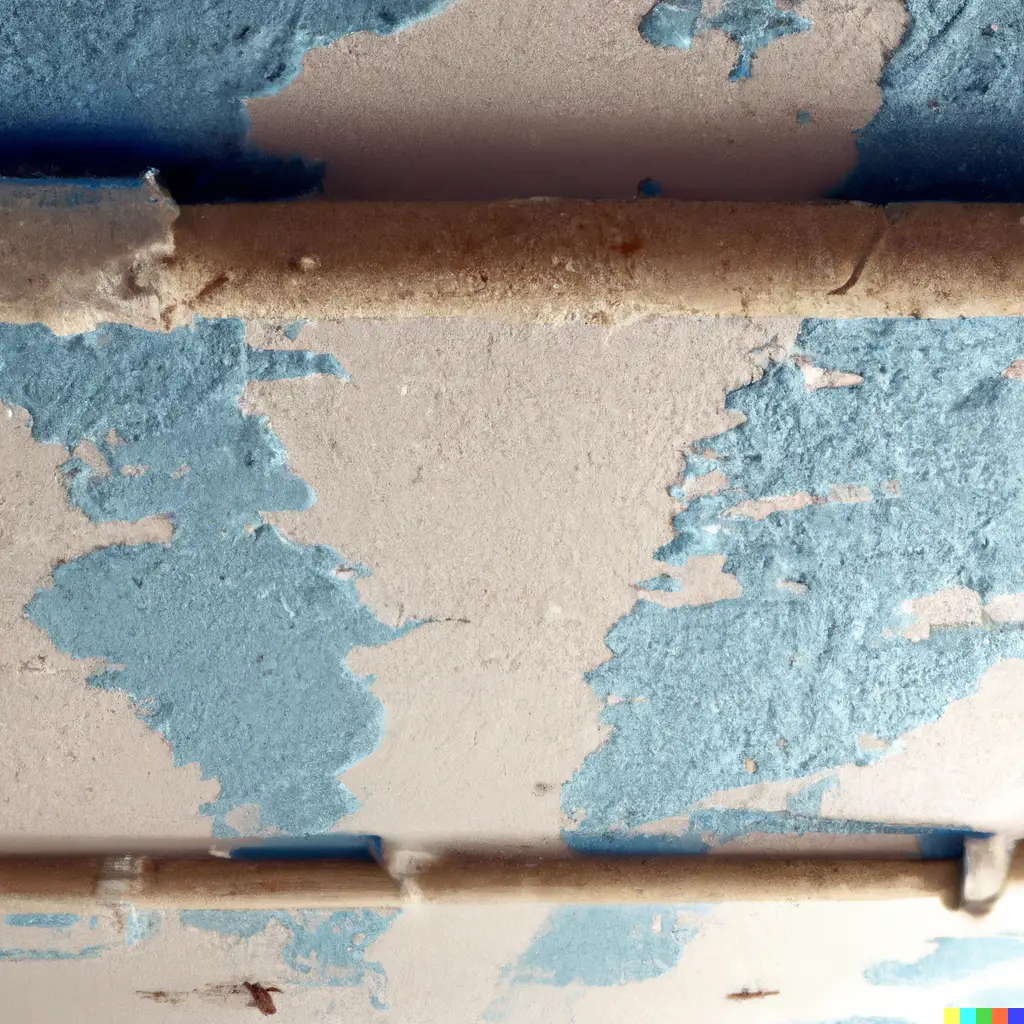
Don’t Get stuck…
Painting can be pretty overwhelming for a newbie. But we got your back. Find the most comprehensive and detailed answer to guide you.
Recent Posts
-
Wetting The Canvas Before Painting: All You Need to Know
I have heard some artists say that it is best to wet the canvas before painting, usually the back of the canvas. As I am more concerned about having the best possible surface to paint on, I thought about researching if it is better to mist the canvas with water before painting, especially with acrylic…
-
Do you need to re-apply gesso on an already primed canvas?
Canvas is an important material when it comes to painting. It is where artists put their hearts and soul to give birth to a masterpiece that could stand the real test of time. We should mainly make sure that our primary material, canvas, is primed correctly so that the following applications on it would be…
-
Is it okay to use a ruler in art? (Or is it cheating?)
I was sitting at my drawing desk and was thinking if it is okay to use a ruler in the artwork I was about to do. I needed to do a speedy sketch but the straight lines drove me crazy. Something I read in an online community also came to my mind. According to that…
-
Mixing water with acrylic paint: Best ratios explained
Once you started using acrylic paint, one of the first questions that may come to mind is whether to mix water with it or not. I will be answering that question in this article using my own experience as well as the experiments done by acrylic paint manufacturers. In general, acrylic paint can be thinned…
-
How long does gesso take to dry? (With influencing factors)
We artists get a little impatient when waiting for the gesso to dry. You might wonder how long it will take. I thought of sharing my own experience with gesso drying time as well as of other artists. In general, the first coat of gesso takes 1 hour and each additional layer takes 20 minutes…
-
Do you need to do the background first in a painting?
You might get the reference photo and think about starting the painting, but from where do you start? This is the thought of almost all the newbies including myself when starting on painting. You might wonder if it would be better to start painting the background first. In general, with all art mediums like acrylic,…
-
Can you eat acrylic paint? (the truth about “nontoxic”)
Sometimes totally unexpected things can happen to artists, like accidental ingestion of acrylic paint. Maybe your child has eaten those bright, beautiful colored acrylic paint or the total in the art zone artists might have drunk the acrylic paint water. In either case, let’s see if it is safe to eat acrylic paint. It is…
-
Fixing a messed-up acrylic painting: what you need to know
Every acrylic artist whether it is a professional, hobbyist, or a total newbie makes mistakes. The best thing is that it is much easier to fix mistakes with acrylic paint, even if you messed up the whole painting. Here is how you can fix a messed-up acrylic painting. In general, Wet acrylic paint can be…
-
11 Best things to strip and remove acrylic paint
Acrylic paint is a versatile and safe art material. However, you might need to strip and remove acrylic paint when you got paint somewhere that you don’t want. In that case, you can use several liquids and materials depending on your situation to strip and remove acrylic paint. Acrylic paint can be stripped and removed…
-
What is cheating in art? (Everything you need to know)
There is so much buzz and controversy around the topic of ‘cheating in art’ to the point no one knows a clear answer. Here is my answer to the question of ‘what is cheating in art’ considering both the ethical and legal implications of the matter. There is no such thing as cheating in the…

